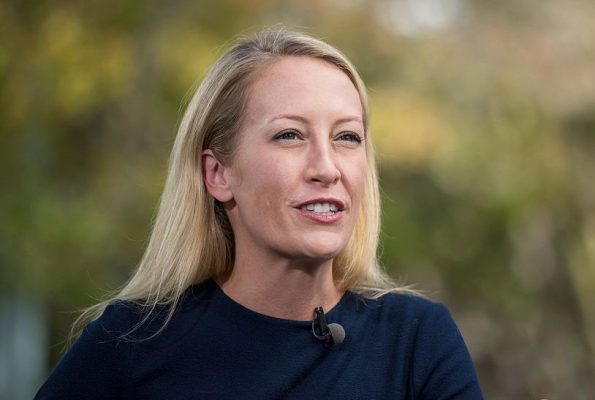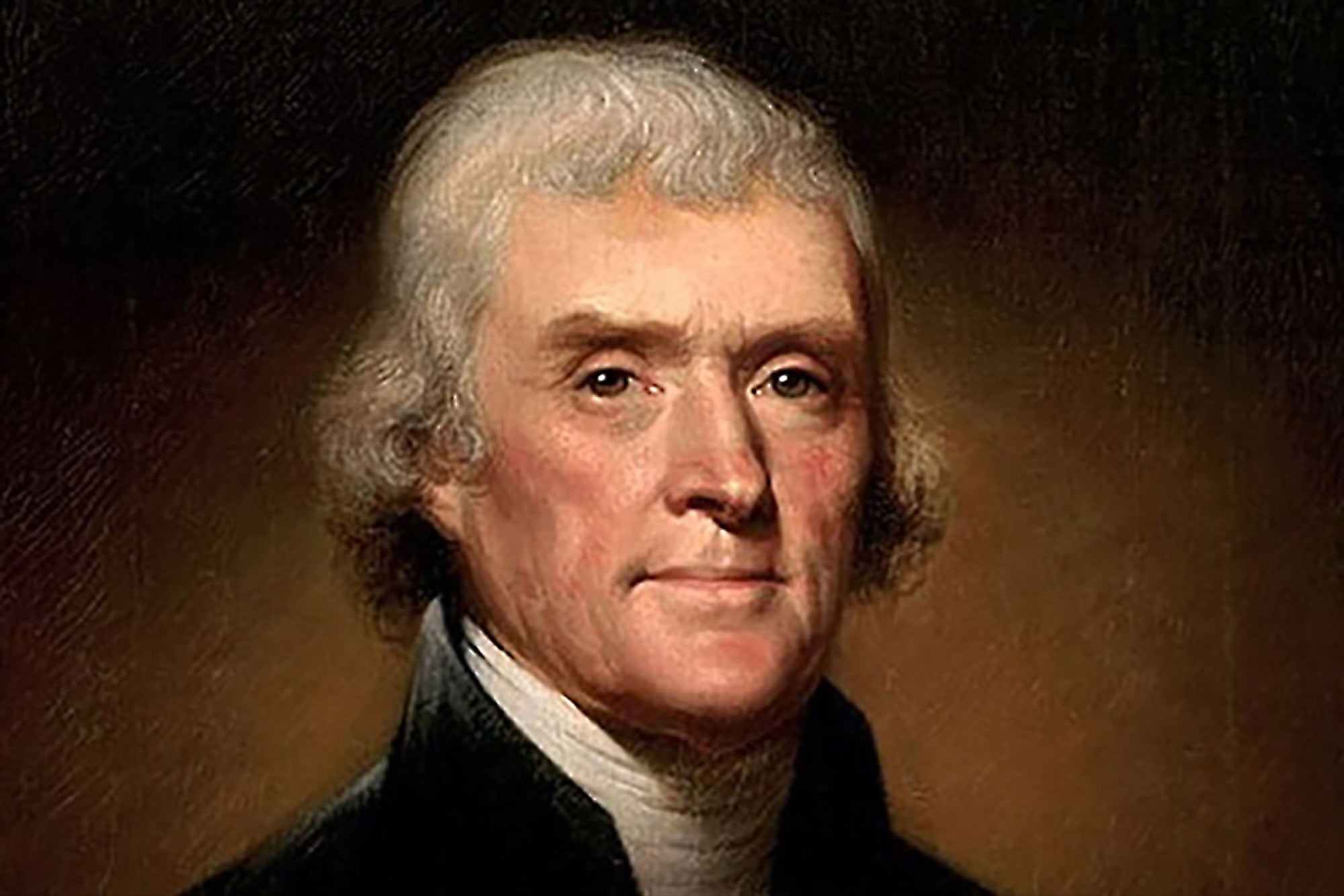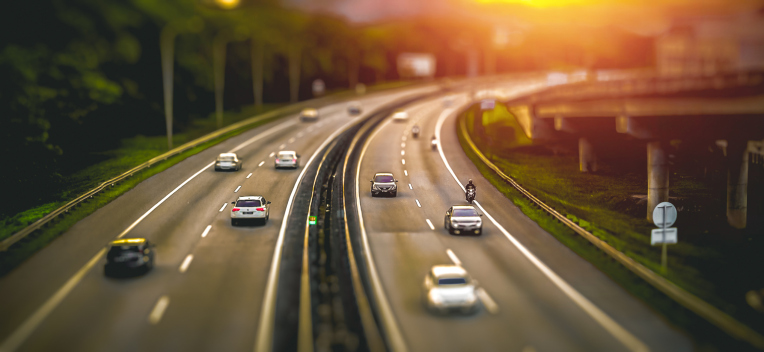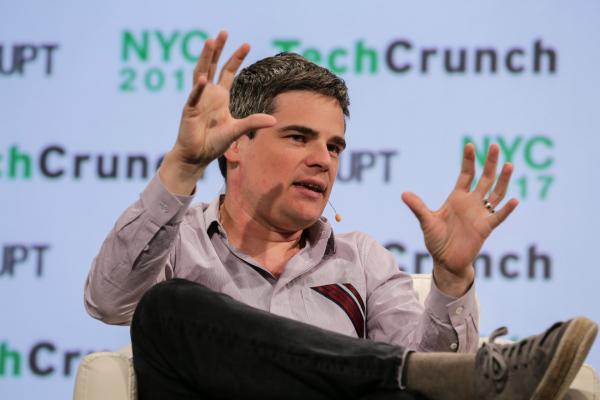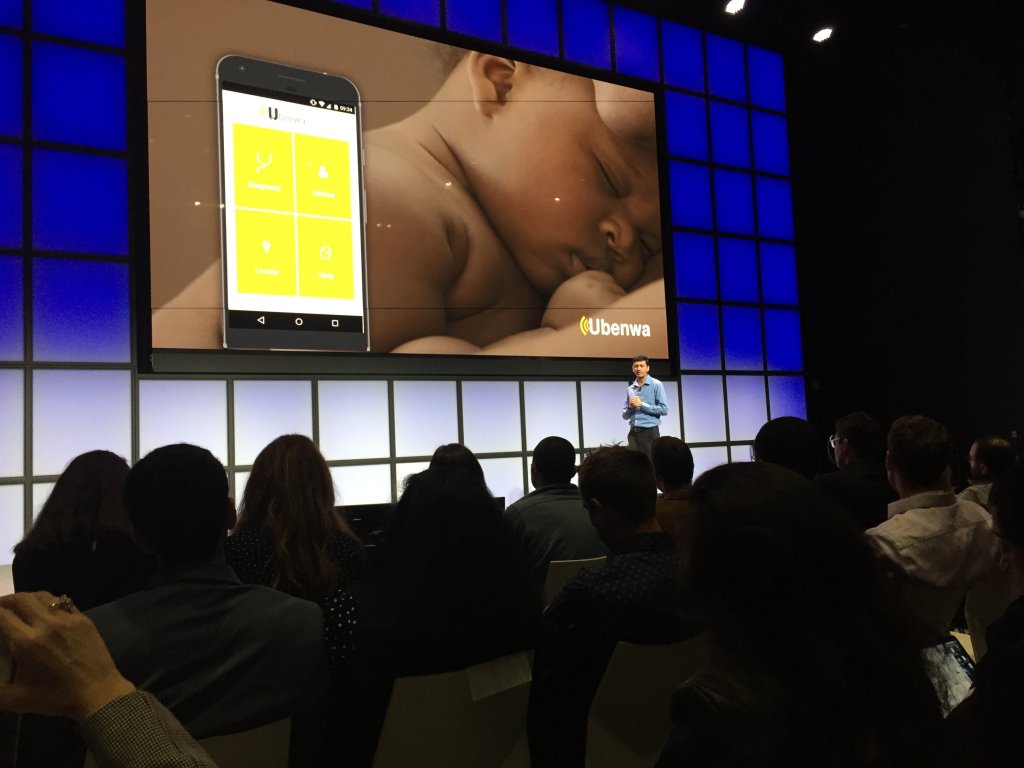“Eventbrite is in the unique club that nobody wants to be in,” says CEO and co-founder Julia Hartz. “Which is the first affected and one of the most directly affected businesses of the COVID-19 era.”
Hartz, who co-founded the company with her husband Kevin Hartz and Renaud Visage, joined ExtraCrunch Live recently to discuss moving forward when your core business isn’t just threatened, but wiped out completely.
“You never as a founder — at least I never — ever wondered what would happen if the whole basis of our mission was tested,” she said.
The events world was one of the first industries to feel the pandemic’s impacts and will likely be among the last to be restored. For Eventbrite, which was built on a core business of in-person events and event ticketing, it meant making swift decisions to stay afloat.
External data show some bright spots. According to an operational update from Eventbrite, paid ticket volume on its platform increased 33% in May compared to April 2020. Eventbrite is down 82% in paid tickets in May 2020 compared to the same month year ago.
“A massive market and industry dislocation and disruption. I mean, we’re a living example of that,” she said. “It’s not a victory lap. Certainly, we’re seeing some really exciting signs of recovery, but it’s still very sobering.”
Hartz offered founders at all levels advice on how to work on culture during a crisis and offered tips on communication and transparency.
We also chatted about how open consumers are to paying for virtual events, how the company curates and moderates political events and how Eventbrite plans to address racial injustice beyond, in Hartz’s words, “episodic outrage.”
We pulled out a couple of highlights for you to peruse.
How she sees events changing in the next 18 months
Structurally, events are pivoting to in-person. So it’s not just pivoting online. A good example is the Beanstalk Music Festival in Colorado, a two-day music festival that pivoted to an in-person drive-in night concert. They were wildly successful in selling tickets to this new format.
It was a testament to the strength of their community and the pent-up demand to get together and listen to great music. But what we’re seeing beyond sort of those really creative uses of new types of space and venues that are outdoors are smaller events. Classes, workshops, seminars, small meetups are starting to come back. I think that as creators start to think about how to bring their community back in person, there’s a huge element of trust that exists in this new world.
We’re helping our creators establish that trust and be very upfront about what their event goers and attendees can expect in that moment as you bring yourself together in-person again.

